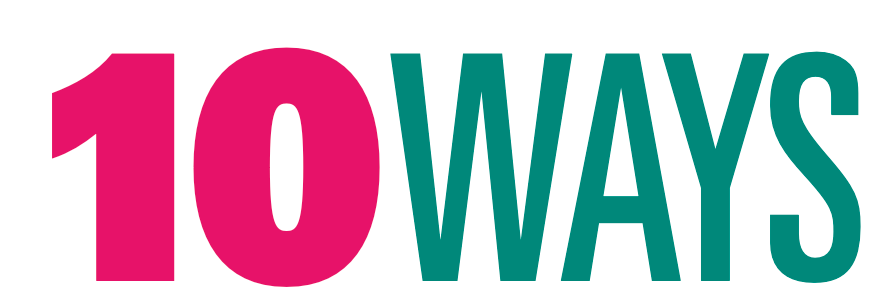

Student Debt – The two words that control every college student’s life. There are 44 million borrowers of student loans totaling $1.3 trillion in student debt in the United States alone according to Forbes. The average student in the Class of 2016 has $37,172 in student loan debt. From applying for FAFSA as a senior in high school to realizing it’s time to start paying the government back six months after graduation, student loans are the bane of most student’s existence. However, there are ways to better combat student debt.
1 Don’t let your grace period get the best of you.
Yes, your lender may give you time after graduation to relax before you have to start paying your loans without accumulating interest.
As nice as that is, take advantage of this time. Instead of waiting, start paying back your loan during those six months FAFSA gives you.
For example, say your monthly loan payment after graduation will be $200 per month. By starting your payments monthly, you’ll get in the habit earlier and already be $1200 up on the loan.
2 Don’t assume all loans are the same.
While you may not be able to start paying back right away, use your grace period to start researching and learning about your loans since you probably didn’t when you started taking them out like crazy.
Find out which loans you should pay back first. What is the interest rate of each? Do they offer income-based repayment? Can you defer them? Make sure you know all of this information, so when you do start paying, you know exactly what you’re doing to get the best deal for your situation.
3 Know what repayment plan is best for you.
While the government will likely enroll you in a 10-year repayment plan, there are many other options. You may be able to enroll in the income-based repayment, which could be forgiven before you’ve totally paid it off.
If you work in a government, nonprofit, or other public service job and pay on time every month for 10 years, the remainder of your debt could be forgiven without paying taxes on the balance. Others may have their loans forgiven in 20 or 25 years, depending on when it was borrowed but will be taxed on the outstanding amount.
4 Be a college student until your loans are paid off.
No, I don’t mean keep going to college. I mean live like you’re a college student. Eat ramen, live in a cheap apartment and when you go out with friends stick to Natty Lite instead of an $8 cocktail. If you spend $10 on a meal 10 times a week, that means you’re spending $100 eating out.
That’s $100 that could have relieved some debt. If you live like you’re still on a college budget, you’ll save more money and pay off your debt much quicker with less stress and headaches.
5 Tax breaks for student loans? It’s a real thing.
After you start collecting interest that piles up fast, remember you can deduct your student loan interest from your taxable income.
6 Don’t take on any more debt if you don’t have to.
I know you want a brand new car so you can impress the girl down the street and eventually marry her and buy a big fancy house, but trust me.
You can wait. All of these things cost a ton of money, and since you’re paying off you’re student debt, you clearly won’t be paying for that car, wedding or house out of your pocket.
Wait until you’ve got your debt under control before you take all of this on.
Otherwise you’ll regret the dark hole you pull yourself into with a downward spiral into the great abyss of debt.
7 Avoid credit cards. They aren’t friends
Credit cards are just another way to accumulate debt. You may be tempted to pay off one debt with another, but the interest rates on credit cards are normally a lot higher. Don’t be tempted by the plastic devil.
If you live like you’re still on a college budget, you’ll save more money and pay off your debt much quicker with less stress and headaches.
8 Put payments on automatic.
If you can swing it, put your payments on automatic because some lenders will cut rates and offer other bonuses for doing so. By enrolling in automatic payments, your monthly due balance will be taken out of your account automatically each month.
9 Love your parents.
Remember if you take out loans that your parents co-sign on, they’re just as responsible as you. If you don’t pay it, they will have to. Love them and pay your bills on time.
10 Start Now
Don’t take out more loans than you need. If you do, 10 years from now you’ll regret it.










